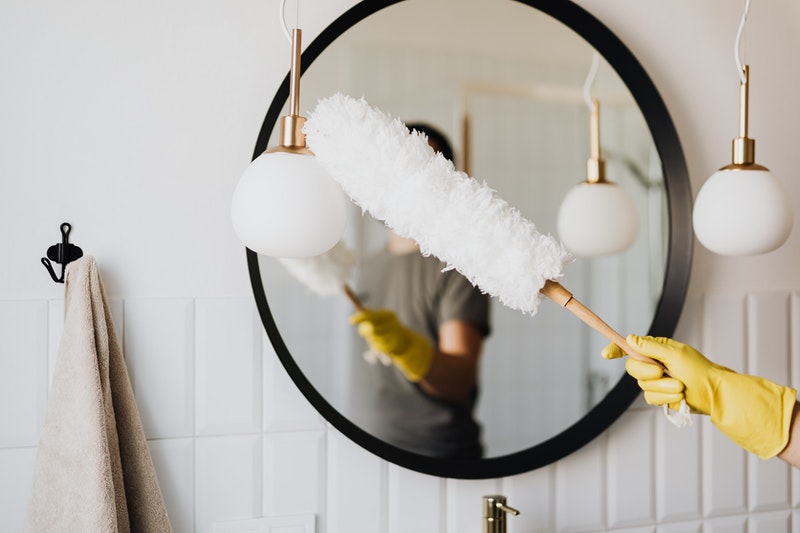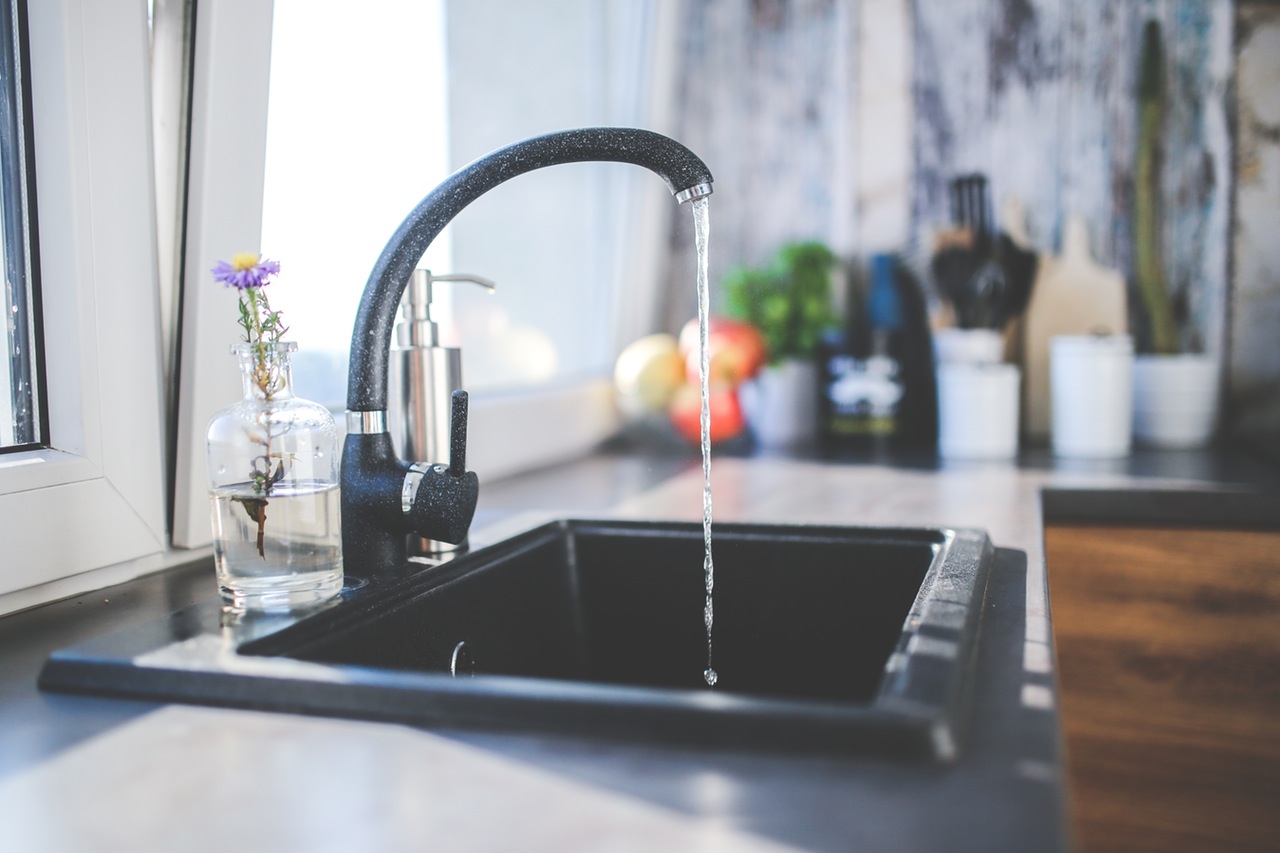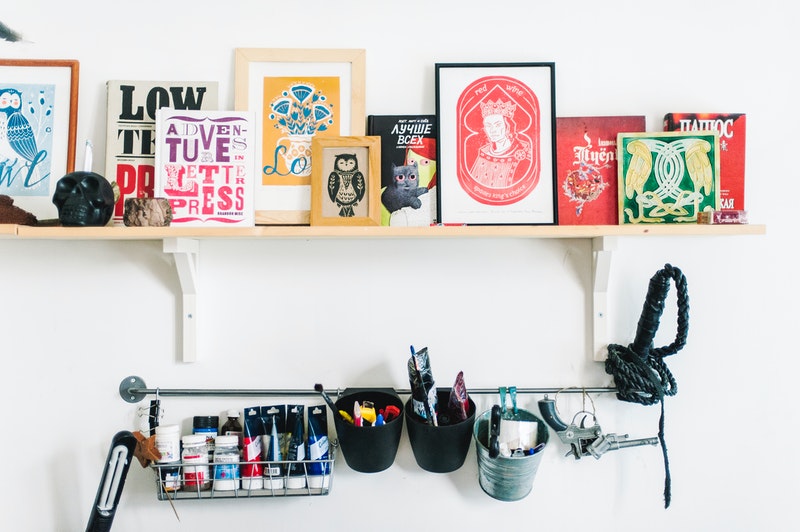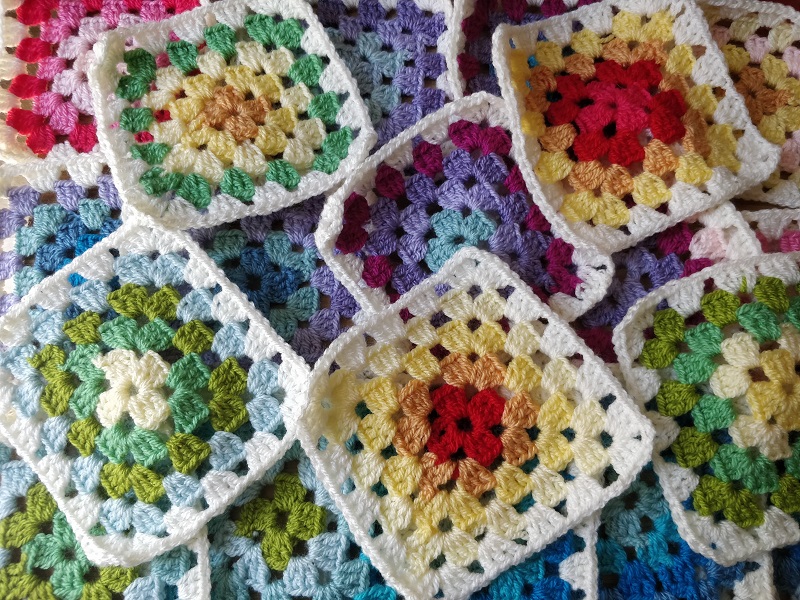Household Dust: Ways It Harms You And Ways To Eliminate It

Dust is a universally unwelcome sight in any home.
Its presence is always preventable. Unfortunately, some people encounter it from the moment they move into a new place, with the prior residents having left the property in a bad state. Whether you’re responsible for its accumulation or you’ve just fallen into bad luck, if you find yourself encountering lots of dust, then it’s important to be as proactive as possible in eliminating it.
When combatting its presence, most people tend to get away with the old cloth, spray, and swipe routine on the occasional shelf. However, the process of eliminating dust can be more involved than this. Don’t have the time or energy? Consider hiring help around the house!
The stakes could be higher than you may have initially presumed as well. Keep reading to learn why you should evict dust from your home at the earliest opportunity. You may also find some useful advice in tackling any dust problems you encounter too.
Check out these eco-friendly cleaning hacks for some environmentally friendly options.
Why Dust Needs to Go
There’re many reasons that you shouldn’t tolerate the presence of dust for too long. Any one of them alone is justification enough to get rid of it.
From the trivial to the serious, it’s worth considering matters here more closely so that you have a full-scale understanding of what it is you’re taking on. All this knowledge could also help your motivation levels when giving your home a thorough clean, inspiring you to do a better job. Here’s what you need to know.
The More Trivial Downsides
Accumulated dust can be like a rainy cloud that hangs over your days spent at home.
For example, dust can annoyingly:
- Build extensively on devices and compromise their functioning – You may come to find that pressing all the buttons on your technology may not work as well as it should, if at all, should dust have worked its way around and beneath them.
- Coat beloved belongings in thick layers – If you have spent a good deal of money decorating your home, then dust can decidedly ruin the visual appeal of almost any investment you made in doing this.
- Be gross – Dust is largely made up of the skin from the people and animal’s you’re living with, so having that all floating around isn’t exactly appealing.
- Cause embarrassment in social situations – Any visitors to your property may not be impressed to see large swathes of dust decorating your digs, and they may make assumptions about you being too lazy to clean as well.
- Spark excessive spending – You may burn through cleaning supplies quickly if you’ve let the problem build for a long while before tackling it.
It’s best to get ahead of these more trivial obstacles and save yourself a headache. After all, you should at least want to appear like you have your life together, and these incidents could compromise that image you’re building for yourself. Once you’ve cleaned up all the dust, you can move on with your life and have fun until the next home dusting!
The More Serious Issues
Household dust can be bothersome, but it can also be quite dangerous too.
In 2016, reports indicated that certain toxic chemicals sometimes found in household dust can cause significant health issues, such as cancer, infertility, and developmental problems in babies. Breathing in a good deal of dust won’t do your lungs any favours either, creating stuffy rooms that may make your chest feel heavy and your throat dry and scratchy.
Unfortunately, in the last few years, many Britons seem to be unaware of the health risks posed by an unclean home, but dust can be responsible for many of them. For example, dust mites can live in household dust, causing a flurry of allergic reactions and even difficulties in breathing.
In some cases, excessive dust may also be a symptom of more significant mental or emotional concern. After all, people may feel less motivated to clean their properties if they’re going through a challenging period in their lives. Of course, laziness is often the cause of many untidy homes, but idleness may often have its own root cause.
In addition to your health, dust may also put your prospects in serious jeopardy too. Are you looking to sell your home? Prospective buyers will not want to spend a penny on yours if it’s full of dust. It’s a sure-fire sign of neglect that may cause them to believe that further and perhaps even worse issues lie within the property.
What To Do About Dust
Fortunately, eliminating dust is far from a helpless cause. There’s much work you can do here to meet this goal, and if you’re relentless, you’ll surely succeed.
Still, it would help if you tried to act as quick as possible. The more that dust builds up, the more problems you’re likely to encounter. Try to give everything a good clean at least once a month, and you should effectively minimise the presence of dust in your property. If you can be even more prompt than that in your efforts, then you should be so. An excellent clean every weekend is the ideal pattern to follow.
Below you’ll find a quick list of many measures you can take that contribute to the total eradication of household dust.
Reducing Clutter
How you arrange the belongings in your home can greatly affect how much dust you may have to tackle.
The simplest thing you can do is space out your home and keep the number of belongings you display to a modest figure. Because dust tends to gather most in cluttered dwellings, clumped together belongings with no room to (figuratively) breathe may cause more to occur.
If you have a shelf, try to separate the items on it somewhat so that air can circulate around each. If you frequently stash things in an obscure corner of a room, bring them out into the open a bit more so the stuff can’t accumulate without your noticing. The tidier you are, the fewer nooks and crannies you’ll create for the dust to settle in unnoticed.
It could also help merely shop less, especially for items that will be fleetingly enjoyed and then stashed away and forgotten forever afterwards. Ultimately, this is an effortless way to keep a lid on things here, and it’s a great and easy starting point for your efforts moving forward.
Using a Humidifier
Technology can play an essential role in bettering your circumstances in dust control.
Fortunately, humidifiers can help prevent dust, as the moist air means that the dust cannot thrive and float. They can also filter out the particles themselves entirely. Consequently, humidifiers can be an exceedingly dynamic resource to have at your disposal.
If your skin is dry, it may shed from your body more quickly and thus create more dust. However, humidifiers can also improve your skin through their moisture output, making it firmer and healthier during and after use. It could be that using devices such as these may marginally cause you to shed dry skin flakes less, though this perk might be too slight to notice outright. Still, if you’re warring against dust in your home, even the little victories are worthwhile.
Changing Filters
If you’re going to use a humidifier, then you need to change the filters regularly. Otherwise, your machine may defect to the enemy side as it begins dispensing dust into the air instead!
The same principles are true for heating, ventilation, and air conditioning (HVAC) units. Any devices that regularly filter your air or help you control your home’s temperatures need their filters constantly changed. It could be a good idea to buy the filters in bulk, and that way, you’ll experience far fewer bumps in the road.
Depending on the vacuum cleaner you buy, the parameters of changing filters and emptying dust boxes may vary per product. With any filtration or cleaning unit you purchase, there should be specific instructions somewhere about how often these chores need doing. If you don’t have the manufacturer’s literature to hand, consult the seller or inquire online for the answers that you need.
Cleaning Ventilation Grilles
If you weren’t timely enough in your changing of filters, your machines might have expelled so much dust over time that thin coats of the stuff can be found nearby.
If you have any in-home ventilation system, then you should take special care to wipe the grilles of each regularly. Otherwise, a fine layer of dust may have built up upon them, and the use of your apparatus will cause it to blow straight into your property. Changing a filter won’t prevent that outcome!
Not Forgetting Curtains and Blinds
Other than prettily framing the odd window or providing a bit of privacy, many people quickly draw their curtains and blinds and pay little more heed to them afterwards.
However, they’re prime suspects for accumulating dust and because of this, conducting a series of checks and shakedowns is strongly advisable. Give them a clean where possible, and if that option isn’t available to you, then shake them down, crack open a window, and use your vacuum cleaner to suck up any dust that fell to the floor. Before long, it should all be gone.
Additionally, some blinds are easier to clean than others, so it could be a good idea for you to reconsider what you’ve got installed. If your rooms require a makeover, swapping out the blinds for something more practical may help in your efforts to minimise the amount of dust in your home.
Straightening Out Carpets
Carpets can build dust over time also, so they require some attention too.
A vacuum cleaner with a beater bar should be effective, as the accessory spins against the carpet and roots out any dust nestling in its fibres. Additionally, try to use disposable paper bags, as they tend to be more effective than cloth varieties at filtering all the dust.
Alternatively, it may be a better idea to get a new carpet entirely, especially if the colour has faded because of excessive dust build-up over a prolonged period. Consult this guide from Colourbank on how to measure your room for a new carpet, and you can begin the process of securing your replacement efficiently. They’ll tell you what tools you need and how to start using their expert and affordable carpet fitting services too. Here, quick and cost-effective fixes should be possible.
Tending to Thicker Rugs
If rugs are almost smaller carpets in principle, then you may need to pay special attention to them too. Thicker varieties may present more problems too, as they may unfortunately do a better job at ensnaring dust in its fibres.
Like carpets, you can usually spot dust in a rug if it has any faded colouring. If you’re in any doubt, take it outside and give it a good shake or beating. In doing this, you may see little clouds fizzle away from the rug and into the air.
You could also choose to replace the rug entirely if you feel it’s beyond your help. First, though, it might be that some warm water and some gentle brushing will be enough to cleanse your rug from all the dust. It may require some patience, but if it’s one of your favourites, then it’s worth the effort.
Fixing Yourself
Your home may now be free of household dust. But where else have you been?
It might be that you regularly frequent somewhere that’s always a bit dusty, get your clothes covered, and then bring it back to your home on your return. Once you’ve sat down and got comfortable, you could subsequently be spreading it round in your vicinity.
Therefore, it could be a good idea to pat yourself down if you’ve knowingly been anywhere where dust is prevalent. Alternatively, you could switch clothes on your return home as well, just for peace of mind in case some dust is still stubbornly clinging to you after your pat-down. Put the affected clothes in the wash and let the machine do the rest.
It may be a good idea to take a shower also, just in case any particles of dust have gotten in your hair. After drying yourself off, you can then continue with your day in all your dust-free glory.





